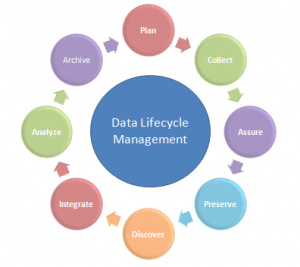“Rubbish in, rubbish out”: Database management as a tool for research
When it comes to understanding an interpreting research data, the rule of thumb is “rubbish in, rubbish out.” This was the sentiment expressed by database manager Annemie Stewart from the Clinical Research Centre (CRC) at the recent Database management workshop hosted by the CRC and the Cancer PhD mentorship program. The workshop provided an outline of database planning, demonstrated the fundamentals of database design and provided a practical overview on using Microsoft Access to develop and manage research databases.
Trained as a basic scientist, the management of data in my experience typically involved generating, processing and storing data for analysis. Developing into multidisciplinary scientist, I am now more aware than ever that the quality of research depends not only on the collection of data, but also on accurately maintaining data. Data is an invaluable resource which should be used for the benefit of a wider research community.
Effective data management is key to generating high-quality, statistically sound and reliable data. A well maintained database can be used to generate a plethora of novel research questions and provides opportunities of using existing data to inform new studies and collaborations. A number of software tools are available for data management, each with their own strengths and weaknesses. It is up to the researcher to understand what the various software options offer, and choose the system best suited for their purposes. Regardless of the choice of software or scientific field, responsible data management is important in all phases of research, from planning and data collection to data analysis and dissemination.
I am interested to learn more about your experiences using databases in research to understand the strengths and pitfalls of the various software platforms available. Please feel free to contribute or leave a comment.

